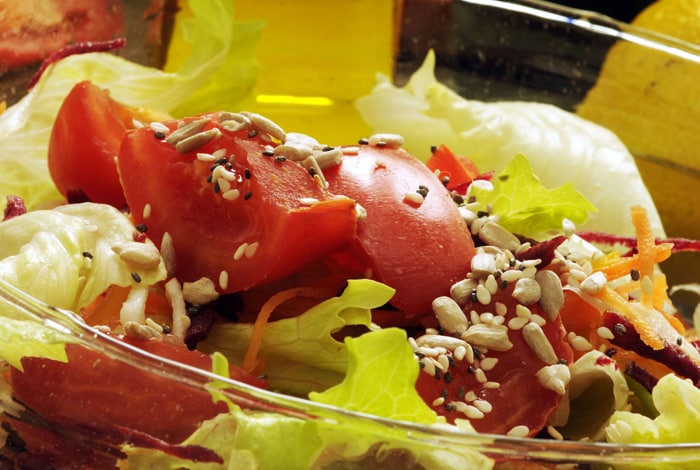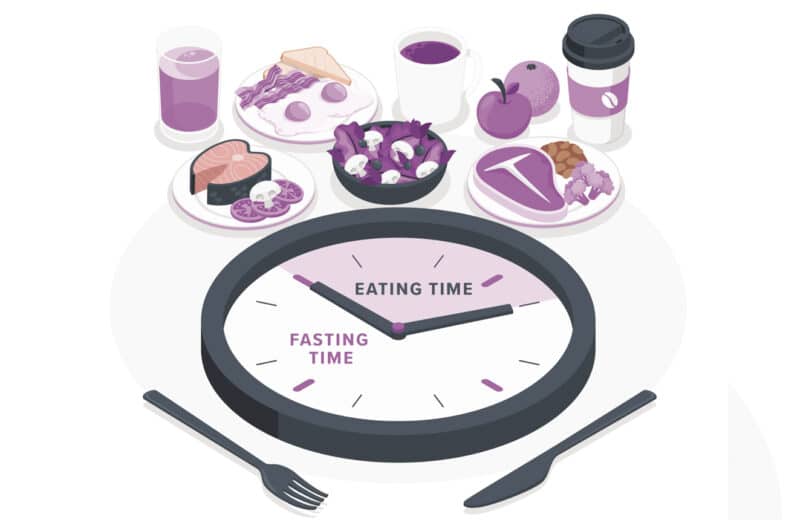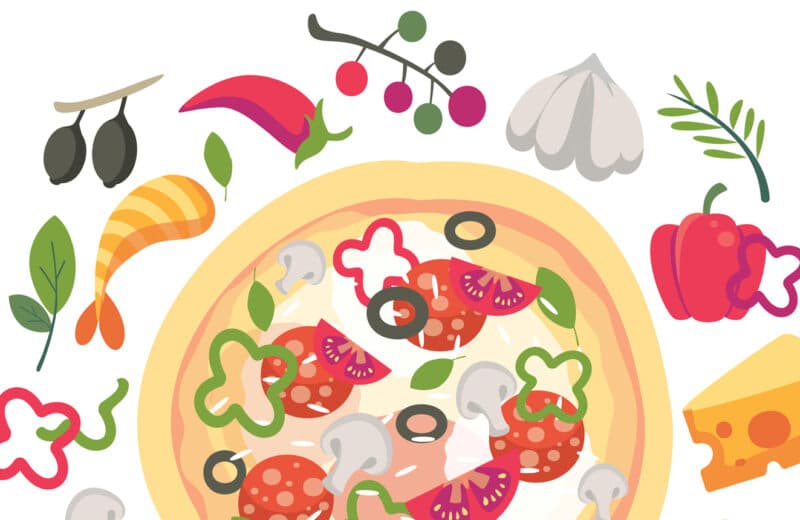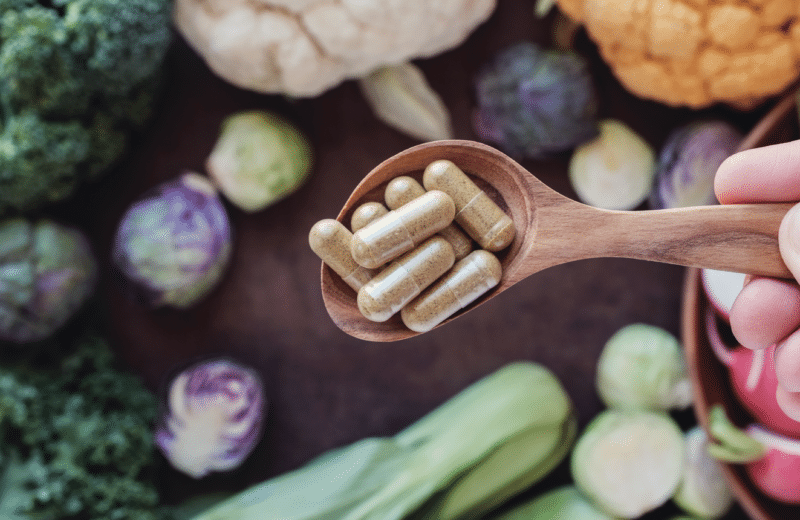By Matthew Kadey, M.Sc., R.D., Environmental Nutrition Newsletter
Seeds are proof that Mother Nature works in remarkable ways. The bearers of life from the ground up, seeds contain all the makings for an entire plant. And in turn, these little powerhouses are packed with nutritional treasures.
“As a group, seeds offer healthy doses of fiber, protein, beneficial fats and minerals, and are extremely versatile in the kitchen, which makes it easy to enjoy them every day,” says Wendy Bazilian, Dr. PH., M.A., R.D., author of “The SuperFoodsRx Diet.”
Here are six standouts to sprinkle into your diet more often:
1. Chia seeds
For better or worse, these tiny seeds from Central America were made famous by the Chia Pet, along with the catchphrase “Ch-ch-ch-chia!” But chia (Salvia hispanica) has experienced a renaissance as a nutritious food. On top of providing a payload of dietary fiber–10 grams (g) in a one-ounce serving–chia delivers omega-3 fatty acids, as well as the bone-strengthening minerals calcium and phosphorus.
Recent research shows that chia also possesses strong antioxidant activity, which could confer protection from diseases like cancer.
Sneak more in: The soluble fiber in chia swells in liquid and takes on a tapioca-like consistency, which can be harnessed to make healthier fruit spreads and puddings. Sprinkle the mild-tasting seeds on fruit salads, yogurt and oatmeal. You can work chia powder into pancakes and baked goods by finely grinding up the seeds.
2. Pumpkin seeds
Also known as pepitas, these olive-green seeds can up the health ante of your diet. Much more than just jack-o-lantern cast-offs, shelled pumpkin seeds are a top-notch source of magnesium, linked with lower diabetes risk and more.
An American Journal of Clinical Nutrition study found higher intakes of magnesium reduce the risk of heart disease by 30 percent. Grab a handful and you’ll also benefit from a healthy dose of phosphorus, iron and vitamin K.
Sneak more in: Toast pumpkin seeds until they begin to pop and use to garnish soups, stir-fries and salads. Add seeds to granola and trail mix, and use finely chopped seeds to coat chicken, fish or tofu.
3. Hemp seeds
Hemp seeds are blessed with a flavor reminiscent of pine nuts and sunflower seeds. Just a 3-tablespoon serving delivers 10 g of high quality protein. Hemp protein also has been associated with lowering blood pressure levels. The mineral windfall of hemp includes magnesium, iron, phosphorus and zinc.
And don’t overlook hemp’s omega fats for better heart health. Some seeds are sold with the hull still intact, but these can be hazardous to your dental work and are less versatile in cooking.
Sneak more in: Blend hemp seeds into smoothies and salad dressings, or toss them onto yogurt, roasted vegetables, soups, green salads and your morning bowl of cereal.
4. Flax seeds
Nutty-tasting flax is derived from the linseed plant and contains a trifecta of heart-healthy properties: soluble fiber, omega-3 fatty acids, and lignans. Lignans are a plant compound shown to help improve cholesterol and lower inflammation. Flax seeds possess a hard outer shell, so they need to be ground for their nutrients to be properly absorbed.
Sneak more in: Stir ground flax into cereals, blend into smoothies, or mix into homemade energy bars.
5. Sunflower seeds
The kernels of the sun-loving yellow flower are brimming with vitamin E; each ounce provides about half the daily quota. Acting as an antioxidant, vitamin E protects against cell-damaging free radicals that roam the body. Other nutritional perks from these seeds include B vitamins, magnesium and selenium.
Sneak more in: Toss shelled sunflower seeds into salads, pasta, and grain dishes such as pilafs. Blend into dips and incorporate into DIY granola.
6. Sesame seeds
More proof that great things come in small packages, the seeds of the Sesamum indicum plant provide a dairy-free source of calcium, good for bone health, as well as proper muscle function. They’re also rich in copper, a mineral essential for numerous enzymatic reactions in the body, including those involved in energy production and nervous system functioning. So indeed, it’s time to say “Open sesame.”
Sneak more in: A showering of sesame seeds can elevate all sorts of Asian-inspired dishes, from noodle salads to teriyaki salmon. They also can add great texture to homemade breads, crackers and energy bars.
POWER SEED SPRINKLE
Ingredients:
1/4 c unsalted, shelled pumpkin seeds
1/4 c unsalted, shelled sunflower seeds
2 Tbsp sesame seeds
3 Tbsp hemp seeds or chia seeds
2 Tbsp pure maple syrup or agave syrup
Pinch salt
Preparation:
1. Heat a skillet over medium-low heat.
2. Add pumpkin seeds and sunflower seeds; heat for 4 minutes, until seeds are lightly golden, shaking the pan often.
3. Add sesame seeds and heat until they’re toasted, about 1 minute, stirring seeds often.
4. Stir in hemp or chia seeds, syrup and a pinch of salt; heat 1 minute more.
5. Allow to cook and store in air-tight container. Use over yogurt, ice cream and salads.
Makes 6 servings.
Nutritional information per serving: 113 calories, 8 g fat, 7 g carbohydrates, 5 g protein, 1 g fiber, 50 milligrams sodium.
(Reprinted with permission from Environmental Nutrition, a monthly publication of Belvoir Media Group, LLC. 800-829-5384. www.EnvironmentalNutrition.com.)













